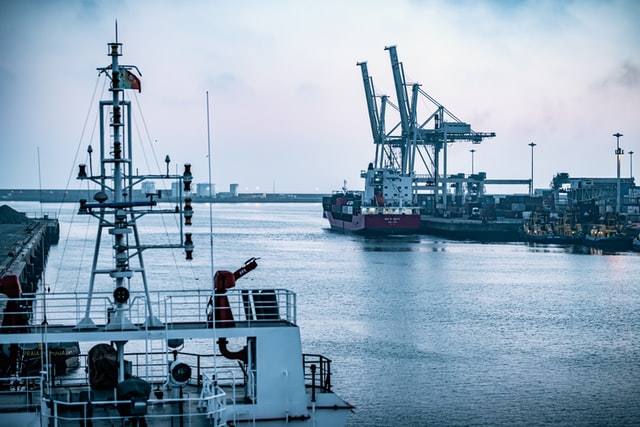More than 1,800 Mercedes-Benz vehicles have arrived at the port of Baltimore aboard the UK-registered Noble Ace.
600 of these cars were delivered to the West Coast, but were diverted due to congestion. Mercedes-Benz is not the first to make such a choice. The mounting losses mean that more and more companies are considering lesser-known ports and longer routes to avoid a supply chain nightmare that shows no sign of slowing down.
The choice of still-new East Coast ports soon became the norm. The Port of Baltimore recently began reloading the fuselage components of the Airbus A220 series aircraft. Japanese agricultural equipment maker Kubota is also struggling with a lack of container ship shipping capacity, forcing it to move equipment via Ro-Ro ships to the port of Baltimore, unlike the previous method of container shipping.
In total, 26 ships were diverted to the port of Baltimore due to congestion on the West Coast. This figure complements new routes announced by MSC and Maersk, including to the aforementioned port. Investments and infrastructure development in Baltimore are intended to support this movement, including promoting new jobs, installing New Panamax cranes, and expanding roads connecting the port to remote areas.

“Music specialist. Pop culture trailblazer. Problem solver. Internet advocate.”





